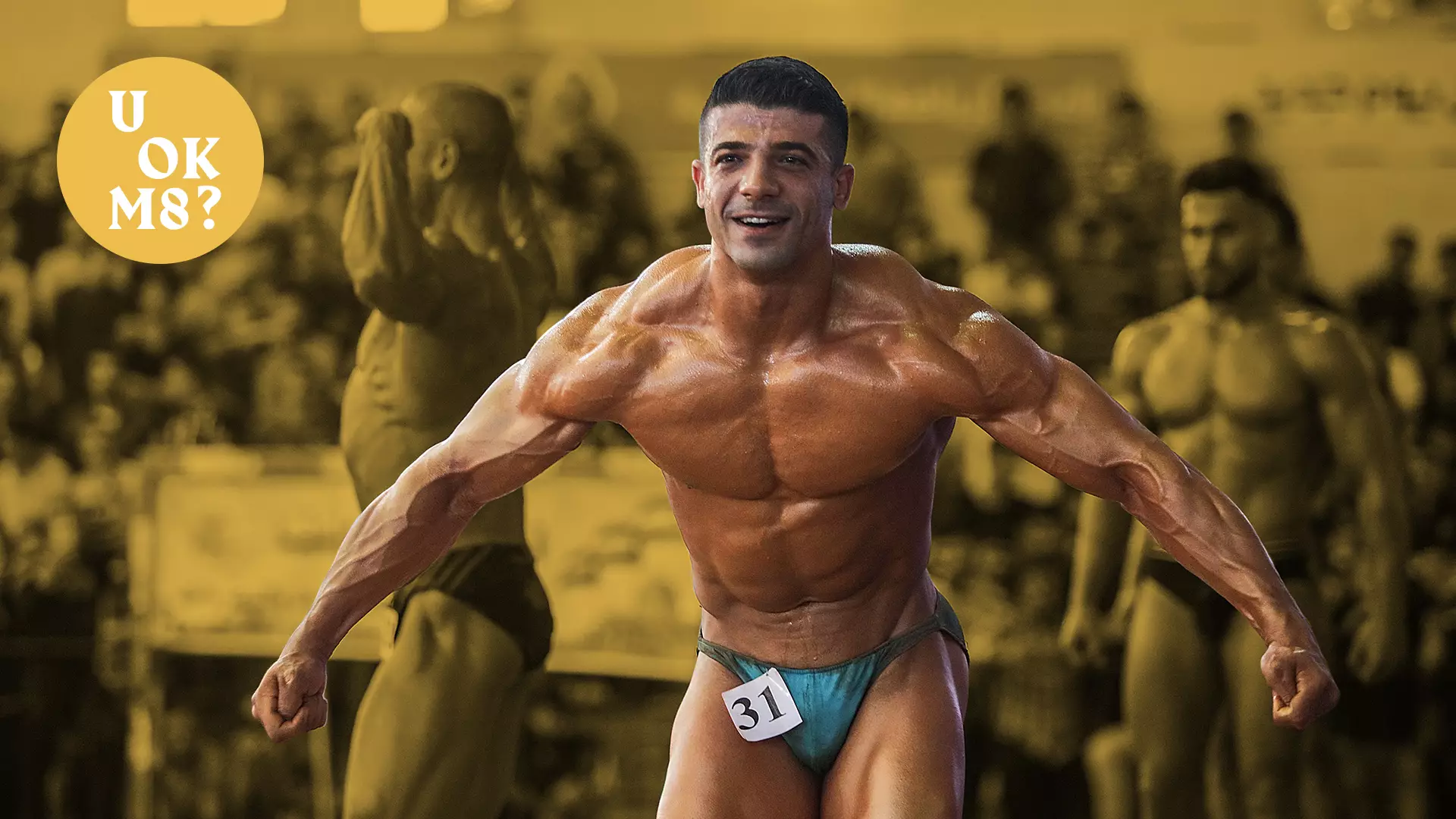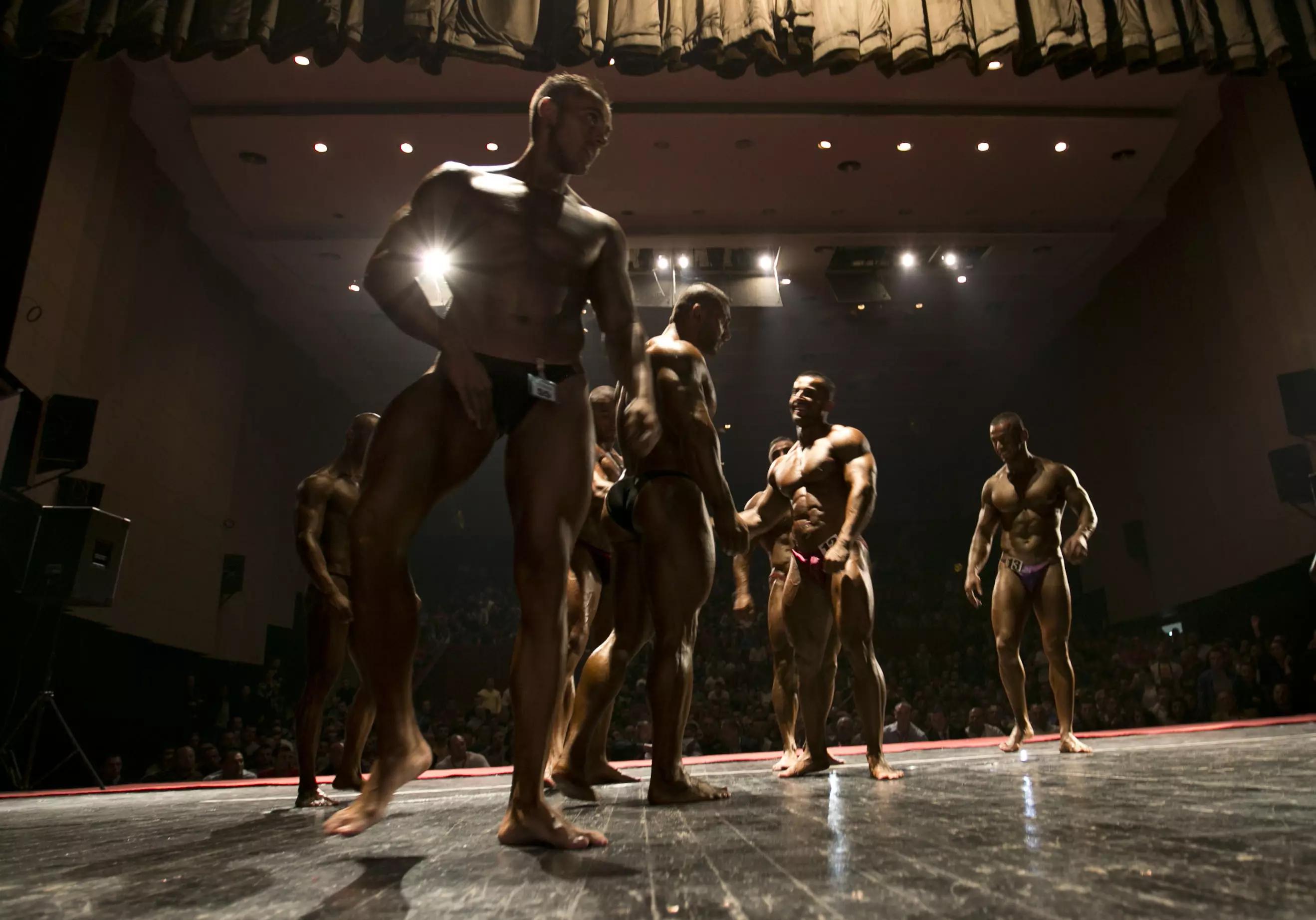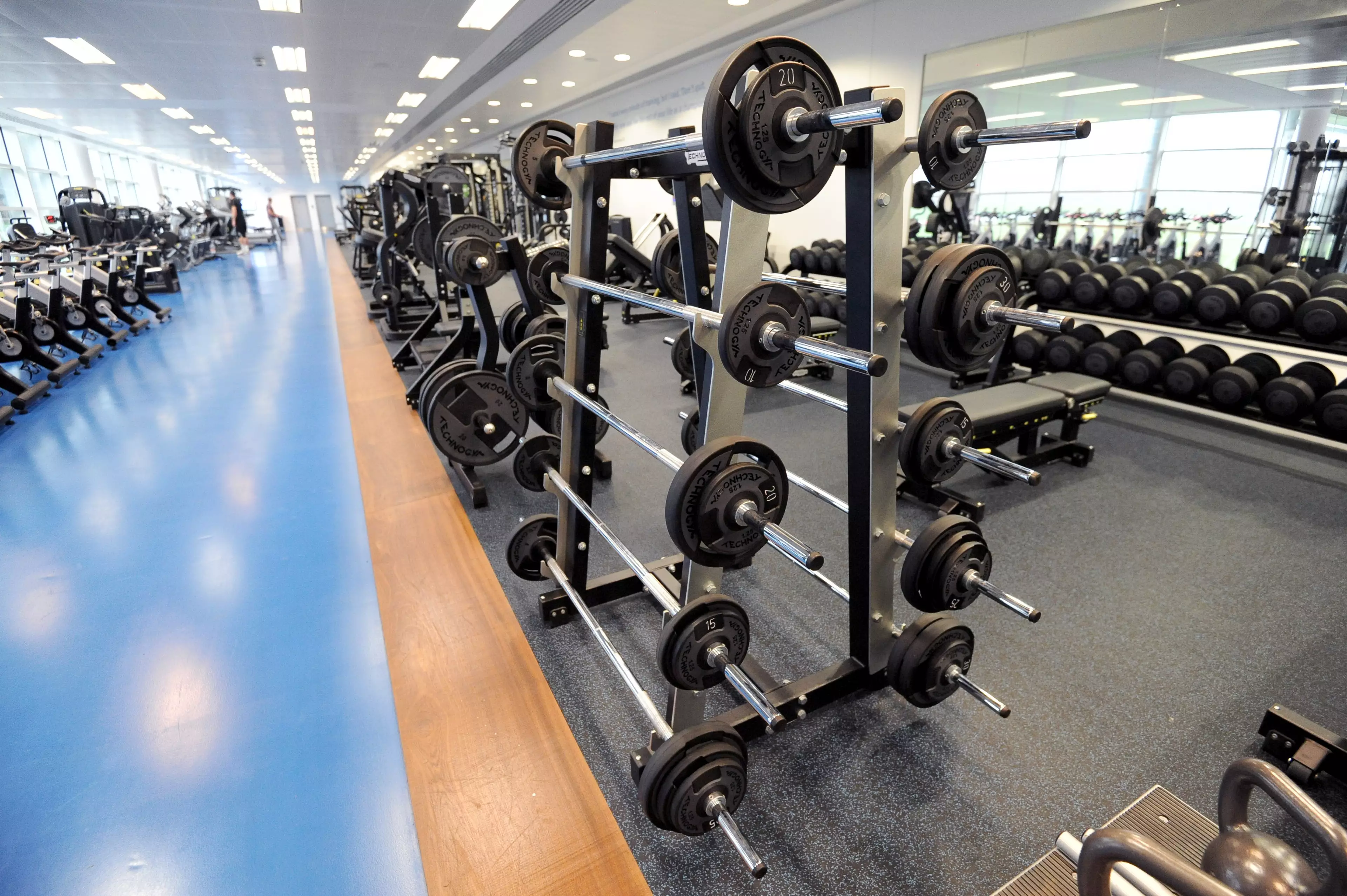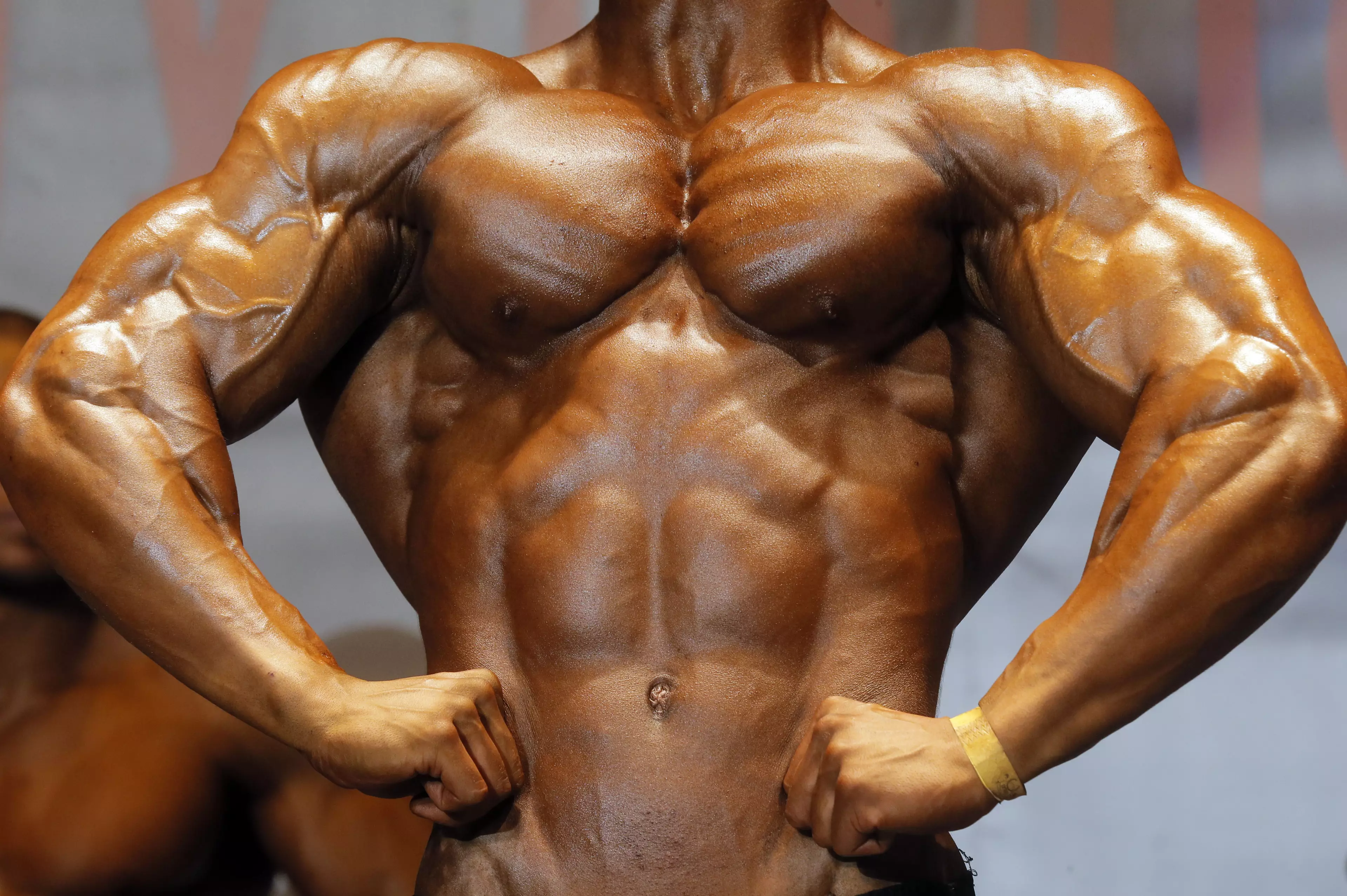
Now more than ever there's pressure on lads to look good; social media is full of images of guys who spend all their free time in the gym, post pictures of their 'meal prep' and tweet about 'hitting macros' every day. 'Good for them', I say, while secretly resenting their dedication and self-control.
Of course exercise and healthy eating is important, and, to most of us, so is looking good. If you enjoy going the gym or taking part in a team exercise, that's sound. If you care about what you eat but don't beat yourself up if you have the odd dodgy kebab after a heavy sesh, that's fine, too.
The problems arise when you start to feel like being muscular is the most important thing. When no matter what you do, and how much you gain muscle, you still feel tiny. When the image you see in the mirror doesn't match the reality. That's when it's serious and that's when you need to get help.
Advert

Credit: PA
Rob Willson is a cognitive behavioural therapist and chair of the Body Dysmorphic Disorder Foundation. He told the LADbible: "Image problems have been around for a long time, but while women have had to deal with the idea of a 'perfect body' being shown on magazines and in the media, it's not been the case with men. In a way we're very unprepared for this."
Body image with men is a really neglected area of research. Anecdotal evidence tells us that lads worry about losing their hair, being overweight, the size of their dicks and their height. Another area we know males worry about is muscles; there's an archetype of a 'man' and he's muscular and strong.
Advert
The Body Dysmorphic Disorder Foundation is a charity, set up to help people - male and female - who are living with the disorder, which causes people to find flaws in their appearance that are often not noticeable to others.

Credit: PA
When it comes to muscle dysmorphia, these are the things the BDDF thinks you should be looking out for:
- Excessive time and over-doing it in weightlifting
- Panicking or feeling guilty if you miss a workout
- Overtraining even when injured
- Steroid abuse
- Disordered eating - following strict diets or excessive use of supplements
- A need to constantly check your body for weight gain/loss
- Putting working out over relationships or work
- Significant distress or mood swings
Now, on their own, none of these things are particularly terrible. I feel awful when I sack off the gym to binge watch Stranger Things, but if you have a combination of these factors then you need to speak out and get help.
Advert
Rob continues: "If you're spending more than an hour a day thinking about how you look, if you're putting off work or dating to spend time working out, if all your money is going on supplements and protein shakes, then this is a problem. This is when you need to get help.
"As well as being obsessive with diet and exercise, people with muscle dysmorphia will experience feelings of self-loathing or disgust with their appearance. These can lead to depression or even suicidal thoughts. These are all signs you need to get help."

Credit: PA
Advert
Adam Trice was an amateur body-builder who began to suffer with muscle dysmorphia. His obsession led to him taking steroids on his quest to get bigger. He lost his job, his girlfriend and even his home - and that wasn't the worst of it. He told the BBC: "I was unhappy: I didn't have peace in my life. I was not dealing with my problem and I tried to take my own life." Fortunately, Adam reached out and got the help he needed and is now in a much better place.
By its nature body-building is strict, rigorous and almost obsessive. I have friends who body-build and I'm amazed at their dedication to eating chicken, brown rice and broccoli for every meal without throwing it at the wall and getting a Big Mac, so the line between 'healthy' body-building technique and knowing when it's time to get help can be blurred.
Rob tells me what the difference is: "With 'healthy' body-builders they usually have a positive body image. They'll be aware of their muscle gains or fat stripping, but if you're muscle dysmorphic you'll always think you're too thin. No matter what other people tell you or what you actually look like, you'll think you're too skinny and need to build more muscle."
If any of this sounds like you, please don't suffer in silence. Rob recommends going to your GP who will be able to help; or you can check out The Body Dysmorphic Disorder Foundation for more help and information.
Advert
Be brave. Talk about it.
UOKM8? is a campaign by LADbible, featuring films and stories that provide advice and inspiration on mental health.Explore more here and don't suffer in silence. Let's talk mental health.
MIND: 0300 123 3393.
Samaritans: 116 123.
CALM: Outside London 0808 802 5858, inside London 0800 58 58 58.
Featured Image Credit:Topics: UOKM8, Bodybuilder